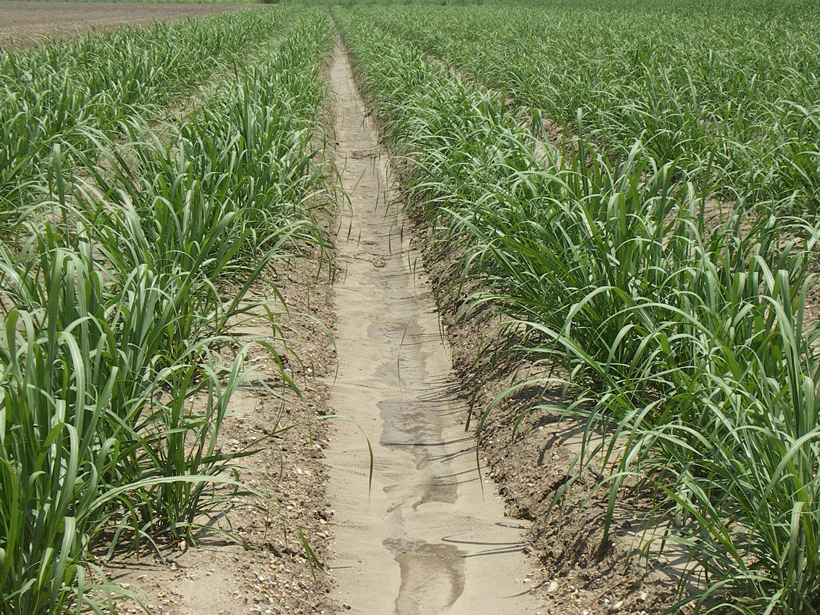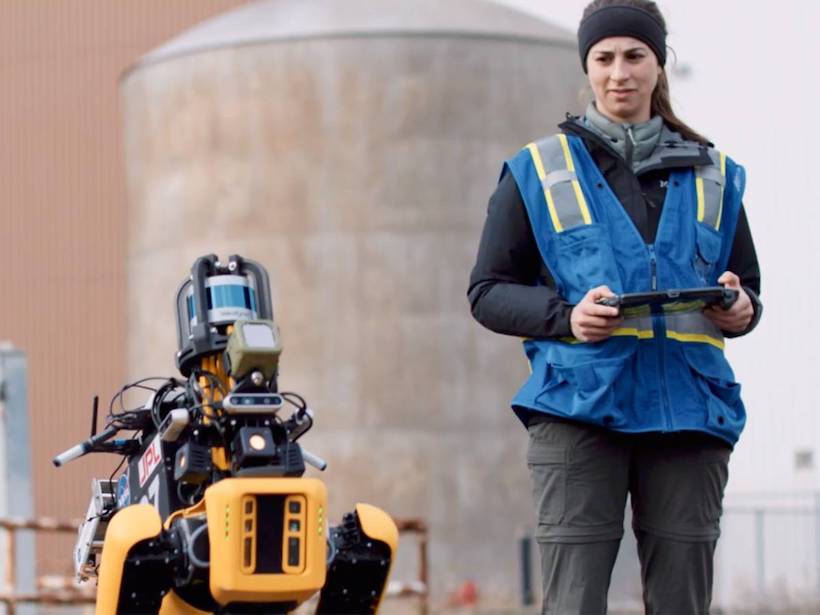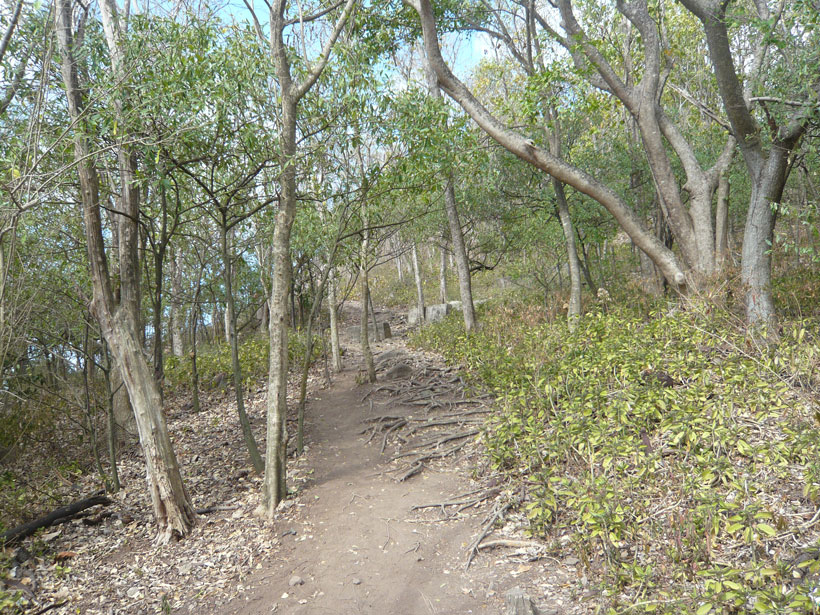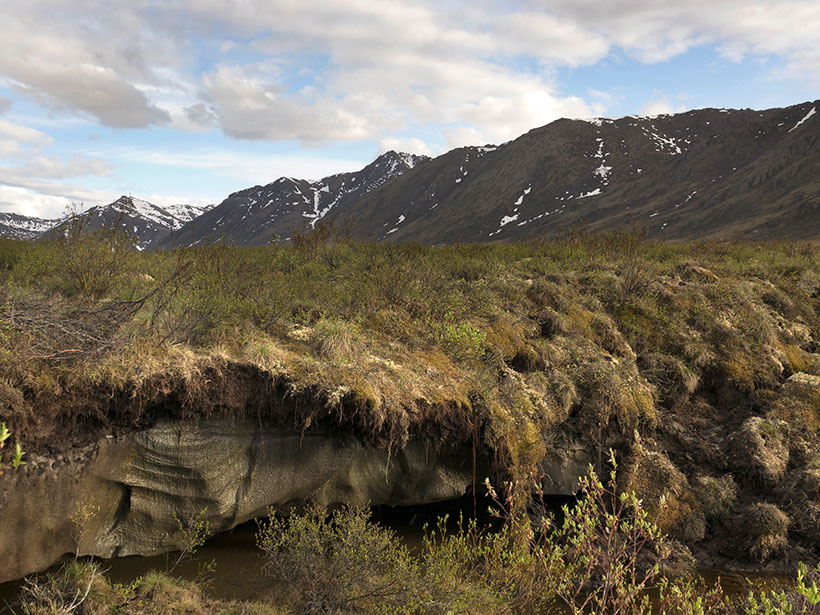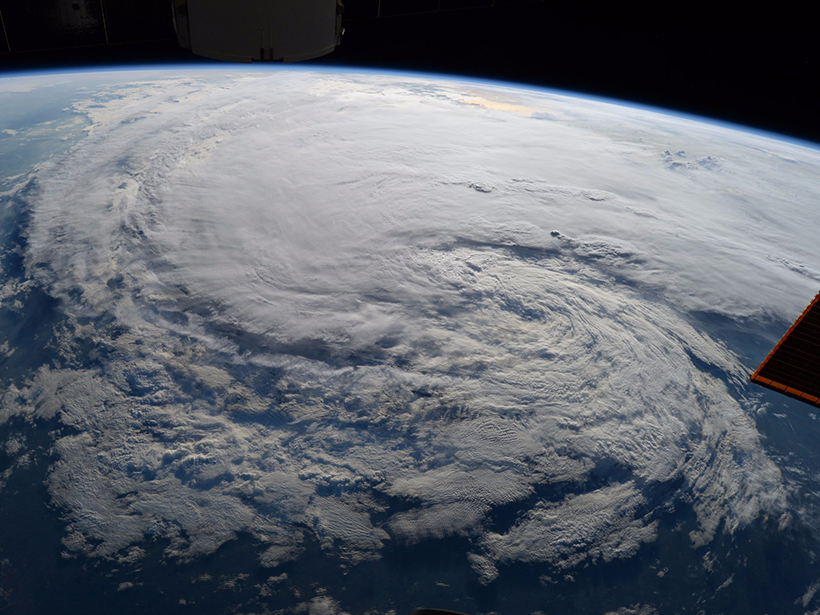Around 200 years ago, when conversion of land for agriculture became more widespread, the amount of sediment accumulating in riverbeds across the continent jumped tenfold.
News
Very Good Space Boys: Robotic Dogs May Dig Into Martian Caves
Four-legged, autonomous robots known as “Mars Dogs” will explore previously inaccessible caves to look for signs of life and potential locations for future human colonies.
Empeora la Crisis Hídrica en el Caribe Oriental
Científicos, políticos y pobladores temen que la actual escasez de agua y los largos períodos de sequía puedan empeorar a medida que cambie el clima y que el Acuerdo de París se haya quedado corto.
Experimentos Revelan Cómo el Carbono del Permafrost se Convierte en Dióxido de Carbono
Muestras de campo provenientes de Alaska muestran cómo la luz solar y el hierro convierten el carbono del permafrost en dióxido de carbono. Los modelos climáticos ignoran este proceso.
The Best of Eos in 2020
What Earth and space science stories stood out this year, and what are we looking forward to in 2021?
To Make Better Hurricane Models, Consider Air Pollution
New research uses Hurricane Harvey as a case study to demonstrate the devastating power of aerosols to supercharge tropical storms.
Keeping a Close Eye on the Ocean—from Afar
Remote sensing technology proves effective in monitoring key regions of the world’s oceans, where upwelling and other essential ecosystem services occur.
Sinking Fish May Fast-Track Mercury Pollution to the Deep Sea
Isotopic analysis indicates that mercury found in deep-sea organisms may have an origin in carrion from near the surface.
Mount Everest Can Sometimes Feel Lower Than K2
Variations in air pressure on the top of Mount Everest affect oxygen availability, changing the perceived elevation of the summit by hundreds of meters.
The Debate over the United Nations’ Energy Emissions Projections
A new study finds the economic factor driving the divergence between emissions trajectories in climate assessments and reality.

